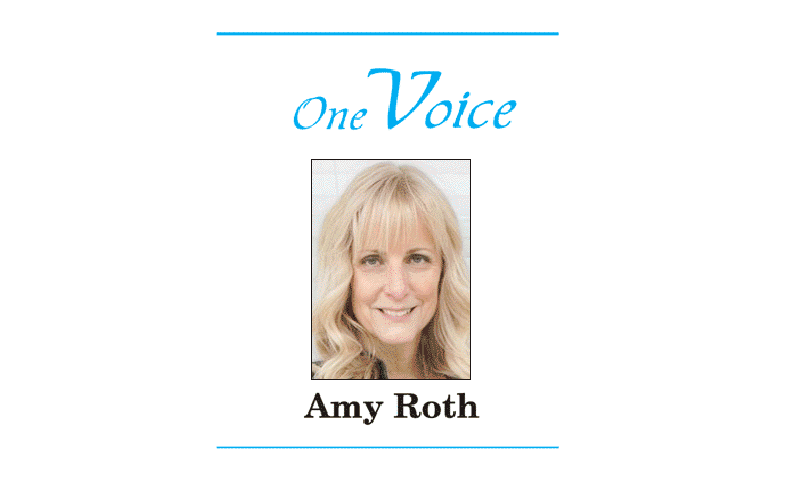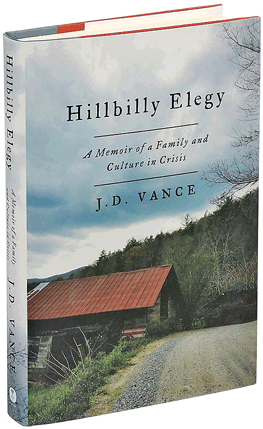
“Hillbilly Elegy” A Memoir of a Family and Culture in Crisis is a book by J.D. Vance.
My mother was a hillbilly. Let me say upfront that she did not view that term as derogatory.
Born in Tennessee and raised in West Virginia, her father, Christopher Columbus “Lum” Austin, was a coal-miner in the Appalachian hills.
When I was searching for a book at an airport recently, “Hillbilly Elegy” by J.D. Vance caught my eye. The cover photo is of a log structure on a gray gravel lane with a tree-lined hill in the background.
My mom, Edith, was one of 15 children. Her siblings’ names: Milburn, Eula Mae, Homer, Grady, Hazel, Dayton, Cecil, Nella, Willie, Dana, Emma Jean, Raymond, Tom, Zenith. Her older sister used to tell of the time she purposely fell behind on the way to church, walked back home, killed a chicken, fried and ate it, and then buried the bones. This was during the Great Depression.
Just that one event paints a poignant picture of what life was like in 1930s Appalachia.
Fifty years later, J.D. Vance, author of “Hillbilly Elegy,” was born in Kentucky. He moved back and forth from that state to Ohio during his growing-up years in the 1980s.
The theme of the book is that poor, white Americans living in the Rust Belt face obstacles that can follow families from generation to generation.
I saw it in my cousins in West Virginia. Although they had all the creature comforts money could buy, their alcoholic mother and restaurateur father weren’t able to coerce them into being successful, law-abiding adults.
Their one saving grace in life was our grandmother, who lived down the hill from them in a small, poorly-insulated house that was hotter than blazes on Summer days and freezing cold several hours after the sun went down. They called her, simply, “Mom.”
J.D. Vance found stability in his grandmother. His mother, a nurse, couldn’t settle on one life partner, so a number of men stumbled in and out of Vance’s life. His two saving graces were his Mamaw and his big sister.
Vance escaped what he calls the, “family tradition of poverty.”
He enlisted in the Marine Corps and served in Iraq. He was graduated from Ohio State University and Yale Law School, was married, and was father to a baby boy.
“Hillbilly Elegy” was on The New York Times Best Seller List in both 2016 and 2017 and attracted a lot of attention during the 2016 election.
Those critical of the book say Vance doesn’t speak for all who are members of the working-class poor.
Personally, I don’t think he meant to speak for everyone who grew up with financial challenges in the Rust Belt. I think, as the title explains, it is his memoir about his family and the cultural crisis in which he was raised. It’s about how some people, through kind-hearted family members and mentors, escape the cycle of addiction and abuse.
My mom left West Virginia by way of Washington, D.C. in her 20s and settled in Chicago. I can’t say she escaped her hillbilly life. She and my Chicago-born dad returned to her mountain home each year, with me and my sister in tow, to see her parents and whichever of her siblings were around. I know she loved the beauty of the mountains and looked forward to returning as much as I did, even though I had to sleep in a hot, poorly-insulated bedroom that turned ice-cold by morning.
Vance’s book took me back to that house this Summer. Although I saw it then with rose-colored glasses, I now see the challenges that existed back when my mom was growing up in West Virginia still remain today.
It was a good read by an intelligent man who tells his story with the right amounts of hard truth and sympathy.


